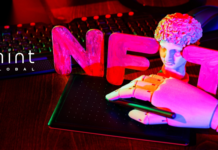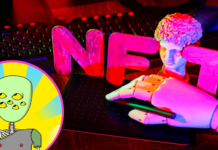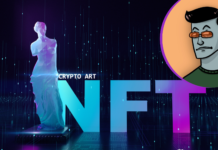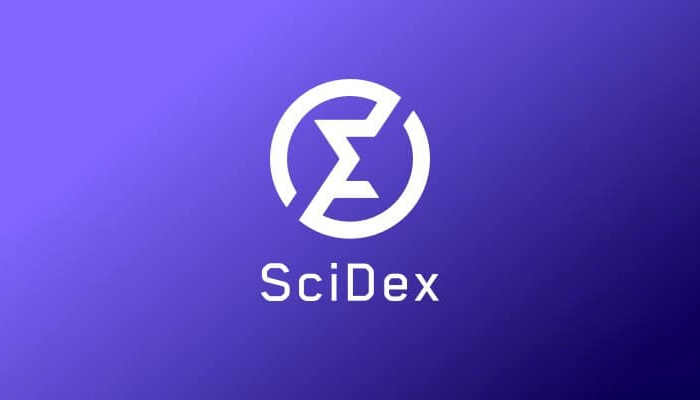
If you’re at all interested in blockchain technology, you probably already know about smart contracts – digital transaction protocols that automatically execute the terms of a contract. As a concept, they’ve been around since the mid-1990s, but despite their potential to solve a lot of the problems that crop up in contractual relationships, they haven’t really been embraced by businesses.
Why? First, because they’re technically difficult to generate, deploy, and manage. Most businesses have existing legal counsel that can help them draft and manage contracts, but creating smart contracts from scratch requires a team of coders, and managing any bugs or issues that crop up would require a tech team, too. Many businesses don’t have the time, money, or know-how to fully set up and fund such a team, and even if they did, the costs inherent in doing so might well outweigh the savings of switching from traditional to smart contracts.
Additionally, many businesses operate in regulatory environments where there are legal requirements for contracts that smart contracts may not meet.
SciDex is a blockchain company that’s aiming to solve these problems with what it’s calling the SciDex protocol – a way of “unlocking” smart contracts for business use.
The SciDex Protocol
The SciDex Protocol is a second-layer protocol that can examine written contracts and automatically generate smart contracts that mirror and enforce the terms of the written original, including insurance, banking, and digital asset contracts. It can produce generic contracts that are readable by both humans and computers, which will allow businesses to maintain compliance standards like Europe’s new GDPR while still taking advantage of the speed and automation inherent to smart contracts.
It accomplishes this by generating Ricardian Adaptive Smart Contracts (RASCs), which are digital contracts readable by humans but integrated with cryptographic hashes that reference important terms and parameters, allowing them to also be read by machines. SciDex’s innovation is the “adaptive” bit – the transactional parties can make choices and change terms and parameters, and the smart contract enforcing their choices will be automatically updated to conform to their specific terms without the need for a team of custom coders.
The SciDex protocol can be broken down into five basic parts:
- Prose, i.e., a human-readable version that lays out the contract terms.
- Meta tags, machine-readable tags that help computers understand and navigate the contract.
- Patterns, a known set of common business rules and parameters that help the smart contract make and enforce judgements in case of (for example) a violation in some term of the contract.
- Parameters, the customized, specific terms of a given contract.
- Oracles, the third parties that validate and authenticate transactions (which is what makes blockchain networks and smart contracts “trustless”).
The Protocol in Action
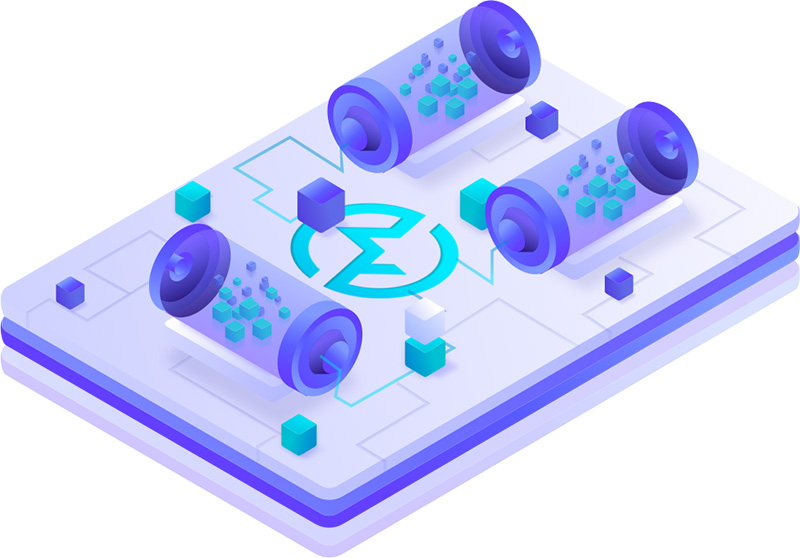
Here’s the basic workflow for the protocol. First, a seller on the SciDex platform sets their preferred rules and terms for transactions. They can do this using an existing contract to generate a Ricardian Adaptive Smart Contract automatically, or they can use a smart contract generation tool to create one from scratch.
Next, the protocol assesses the seller’s contract in the context of the interested buyers on the platform, and offers a selection of automated variation contracts that include and meet both the buyer and seller’s terms.
The seller selects their preferred contract, which is then verified by the buyer, and the terms are executed. Third-party payment arbiters can be defined and integrated into the protocol as oracles, or the RASC itself can store funds in escrow until contract terms are met and then pay them out to the seller automatically.
One Use Case: The SciDex MarketSpace
The first real-world use case for the SciDex protocol is likely to be the SciDex MarketSpace, a decentralized marketplace for scientific data that the SciDex team is developing on top of the SciDex protocol. The basic idea behind it is that there’s tons of scientific data out there just sitting on hard drives. It’s difficult to monetize, both because there’s no easy way for buyers and sellers to connect, and because compliance issues make transactions of this nature legally complicated.
The idea is that the marketplace will be bi-directional, allowing sellers to offer data and buyers to describe specific data needs, with the system automatically matching them up and facilitating compliant transactions via the SciDex protocol. The MarketSpace will also encourage the generation and sale of new data by subsidizing data producers and incubating relevant startups.
The MarketSpace will be a tokenized economy powered by SDX, an ERC-20 token. It will be used transactionally as a means of exchange, it will be needed for staking when market actors want to request specific data, and to assure the quality of new providers by requiring them to stake SDX during a probation period. It will also be used for membership rights and voting.
SDX is pre-mined and will initially be offered in an ICO that is priced at a rate of $US0.10 per token. A total of 1.2 billion tokens will be generated, with 19.8% reserved for private sale, 5.5% available in the public sale, with the rest held in reserve for the team (16%), partners (10%), community (32%), and strategic reserve (16.2%). The funds raised will be split pretty evenly between R&D, marketing, and business development.

Team and Prospects
The SciDex MarketSpace seems promising enough, but it’s the protocol itself that’s the real game-changer, with the potential to change the way contracts are generated and executed across a wide variety of businesses. But as is always the case with an early-stage startup that has good ideas, there’s always the question: can they execute?
On that front, the prospects for SciDex look excellent. The team is highly educated, with two MIT-connected founders, and the founding team has a bunch of experience in both cryptocurrency and entrepreneurship. That expertise is backed by an advisory team with experience at major tech and blockchain firms including Google, Zcach, Bancor, Rakuten, and Bitfinex.
Obviously, past success is no guarantee of future success, but SciDex offers a promising technical proposition and has the team talent that’s likely necessary to pull it off.




















